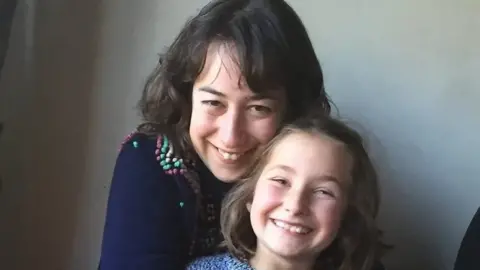Martha’s rule rolled out to all acute hospitals in England after pilot flagged hundreds of potential life‑saving interventions
Telephone helpline allowing families to request an urgent second opinion expanded after nearly 5,000 calls and 241 interventions during a national pilot
NHS England has rolled out Martha’s rule to all hospitals in England that deliver acute or short‑term treatment after a national pilot logged almost 5,000 calls and 241 potentially life‑saving interventions.
The telephone helpline, created so worried relatives can request an urgent second opinion about the care of a loved one, was piloted at 143 hospital sites from April 2024. NHS England said the figures gathered during the pilot demonstrated the service’s value and supported its nationwide expansion across acute settings.

The initiative is named after Martha Mills, who died aged 13 after developing sepsis. Her parents campaigned for a mechanism to allow families to escalate concerns after they say their warnings about their daughter’s condition were not acted upon. Martha’s mother, Merope Mills, said she welcomed the expansion on what would have been her daughter’s 18th birthday and called for the helpline to be made available across the whole United Kingdom. She told BBC Radio 4’s Today programme the new figures proved the need for “a different, more equal kind of doctor‑patient relationship.”
Under Martha’s rule, families or carers who believe a patient is deteriorating or that concerns are not being heard can access a telephone line that prompts an urgent review and a prompt second clinical opinion. The pilot’s recorded interventions included changes to treatment, escalation to senior clinical staff and transfers of care, some of which NHS England described as potentially life‑saving.
NHS England said the roll‑out targets hospitals providing acute and short‑term care and will be accompanied by guidance for trust staff on responding to calls and carrying out rapid reviews. The service is part of broader efforts to strengthen patient safety and ensure relatives’ concerns are taken seriously and acted on swiftly.
The helpline was introduced after a public campaign by Martha’s parents and trialled at a mix of trusts during the pilot phase. NHS officials did not provide a breakdown of the calls by outcome beyond the number of interventions identified as potentially life‑saving. NHS leaders have said the scheme will be monitored as it is implemented nationally.
Martha’s mother urged the government and health services beyond England to adopt the same measure. Campaigners and patient safety advocates have argued that formal routes for families to escalate worries can help catch deterioration earlier and reduce harm, while hospitals have said clear protocols are needed so staff can respond consistently and without delay.
NHS England has not yet published a detailed timetable for making the helpline available across other parts of the UK. For now, the service will apply to all acute and short‑term hospitals in England following the close of the pilot and the national roll‑out decision.